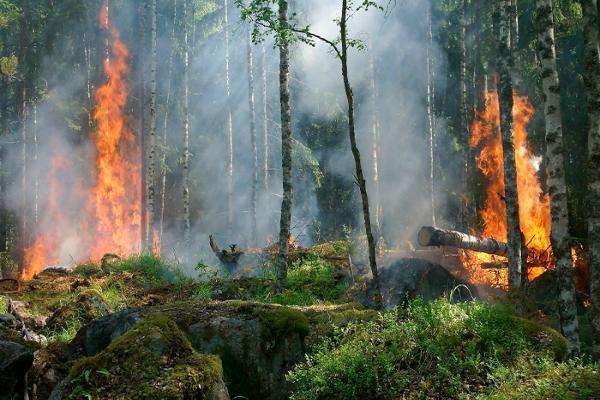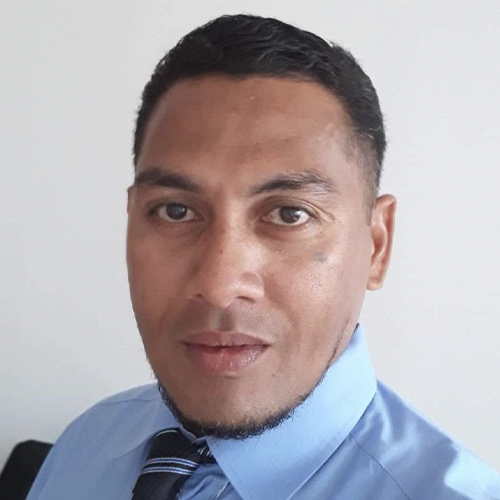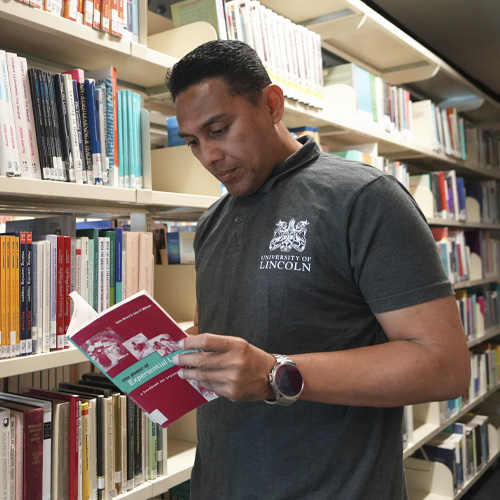Lincoln Centre for Ecological Justice
The centre is developing creative research that aims to deliver new understandings of the types of changes and governance measures needed to turn the Anthropocene from an era of high risk for society and the environment to one in which the needs of all are met on an equitable basis.

/prod01/university-of-lincoln-cdn-pxl/media/responsive2017/research/newresearch/Soseala,Tinilau,banner,1600X600.jpg )

